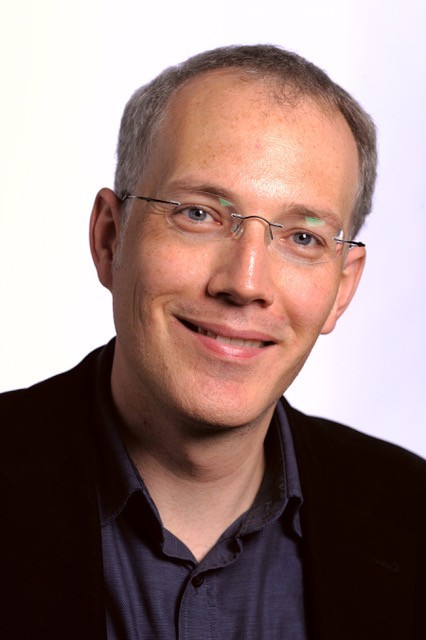622 Dodge Hall, Columbia University, New York NY 10027
On Friday, December 1, at 3 pm, Prof. Thomas Peattie (University of Mississippi / Italian Academy) will deliver the talk, "A Composer Listens: Luciano Berio’s Nineteenth Century."
This paper explores the role of listening in the creative practice of the Italian composer Luciano Berio (1925-2003). Focusing on Berio’s transcriptions of works by other composers (including Franz Schubert, Johannes Brahms, and Gustav Mahler), Peattie argues that while these co-authored works rely on an intimate knowledge of an original “text” in its notated form, they are also shaped by an entirely different kind of knowledge, one that has been shaped by the lingering sonic traces of the performed work as remembered and misremembered over the course of a lifetime of listening.
Prof. Peattie is an Assistant Professor of Music at the University of Mississippi. He holds degrees in composition and musicology from the University of Calgary and a Ph.D. in historical musicology from Harvard University. He is the recipient of fellowships from the Social Sciences and Humanities Research Council of Canada, the Boston University Center for the Humanities, and the Paul Sacher Foundation (Basel). In addition to an essay in the collection Mahler and his World, his articles and reviews have appeared in Acta Musicologica, Journal of the Royal Musical Association, Music and Letters, Mitteilungen der Paul Sacher Stiftung, and Naturlaut. He is the author of Gustav Mahler’s Symphonic Landscapes (Cambridge University Press, 2015).
Peattie's current book project explores the idea of transcription in the music of the late Italian composer Luciano Berio (1925-2003). Focusing on Berio’s sustained engagement with the music of his predecessors (including Claudio Monteverdi, Luigi Boccherini, Franz Schubert, Johannes Brahms, Giuseppe Verdi, Gustav Mahler, and Giacomo Puccini), the book considers the relationship between this rich repertory of co-authored works and Berio’s broader compositional practice, a practice informed, in part, by the way in which the composer listened to the past.

